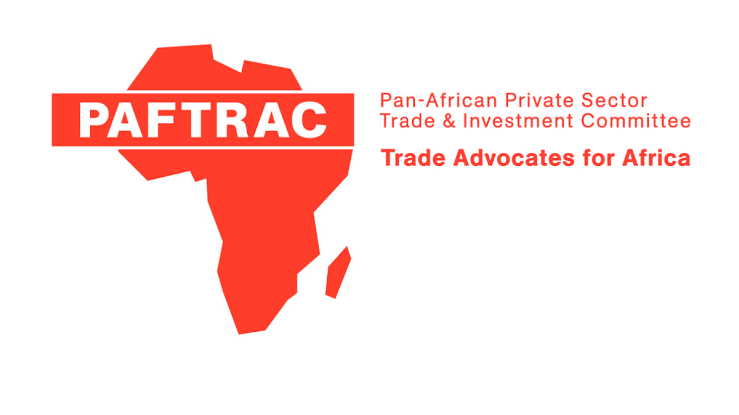The Ekiti State Government has unveiled a new wave of development projects designed to boost economic productivity, expand agricultural output, and strengthen transportation networks across the state. The initiatives were announced during a press briefing in Ado Ekiti, held to commemorate the third anniversary of the current administration.
According to the Anniversary Planning Committee Chairman and Chief of Staff to the Governor, the government’s strategic focus is to create a more competitive investment environment and position Ekiti as a hub for agribusiness, trade, and tourism.
Several key road projects are set for commissioning, including the Ikere–Igbara-Odo Road, Ogotun–Ikogosi Road, Isinbode–Ara–Ikole Road, and the first phase of the Ado Ekiti Ring Road. These projects are expected to improve interstate connectivity and ease the movement of goods and services. For small businesses and rural producers, better road access means lower logistics costs and wider market reach.
The government also confirmed the completion of rehabilitation works in five general hospitals, which are now equipped with modern medical facilities. This move is aimed at improving healthcare delivery in rural communities, ensuring easier access to treatment, and strengthening human capital productivity.
Highlighting the state’s agricultural strength, the government revealed that over 5,000 youths have been enrolled in cluster farming schemes. These participants have benefited from free land clearing, access to farm settlements, and integrated support for crop and livestock production.
Officials noted that these policies have contributed to a reduction in food inflation, as reflected in recent National Bureau of Statistics (NBS) data. By formalising youth participation in agriculture, the government aims to shift farming from subsistence to commercial scale, creating agripreneurs capable of contributing to local and export markets.
In a significant development, the Ekiti State International Cargo Airport has received full commercial operations approval from the Nigerian Civil Aviation Authority (NCAA). The airport is expected to open export channels for agricultural produce, attract logistics companies, and reduce dependency on road transport for bulk products. This development holds substantial promise for MSMEs involved in processing, packaging, and value-chain services.
The government reiterated its commitment to shared economic prosperity through strategic investments that enhance livelihoods. By creating infrastructure that serves communities and businesses alike, Ekiti aims to transition from a civil-service-driven economy to one anchored in production, commerce, and innovation.
Other senior government officials present at the briefing underscored the importance of private sector collaboration in sustaining these gains. They encouraged local and external investors to leverage new infrastructure, agricultural incentives, and aviation facilities in the state.










